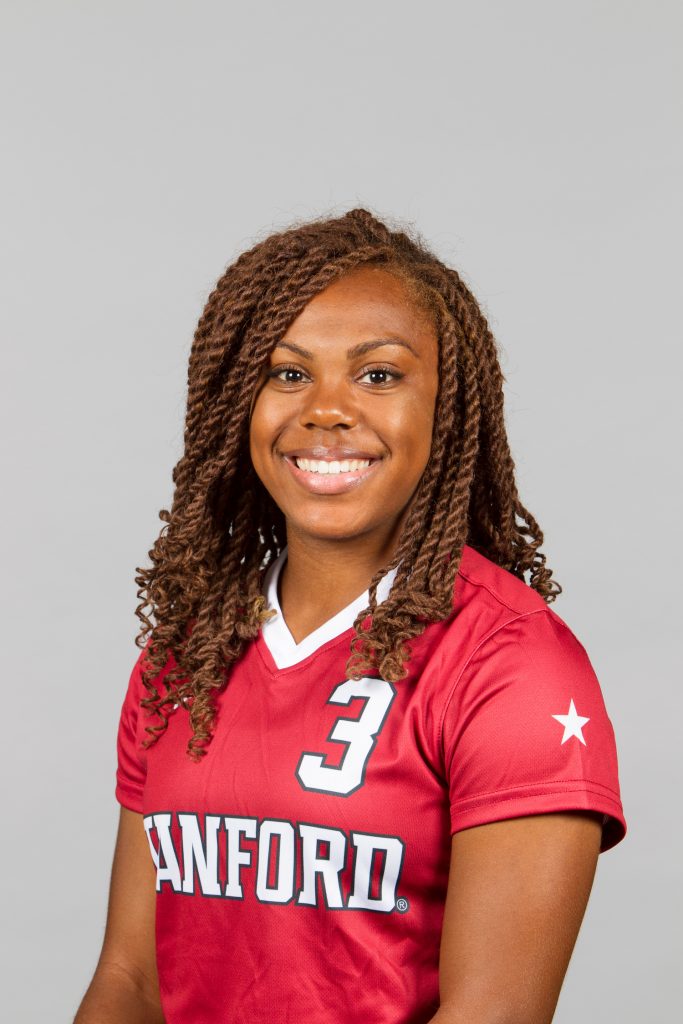
This final week in Cape Town, we coached a Track and Field Camp for sixth grade students at a grade school in Nanzamo Township. It was by far one of my favorite parts of the trip because I was able to have fun with the kids while helping them learn new skills. Our group taught the kids the shot put, javelin, sprints, hurdles and relays. I was one of the few coaches who had a track and field background, so I took the lead in the sprints, hurdles, and relays.
We ran the kids through running mechanics, various drills, and races. Most of the kids had never been exposed to what I was teaching them. That said, they really soaked up the information and over the course of three days they improved so much. In addition to the on field work we had classroom sessions as well, focusing on tracking progress using averages, nutrition, and healthy lifestyle (hygiene, first aid, sleep, hydration). Even in the classroom the kids were really engaged.
On the final day, we played Jeopardy, which covered everything in the classroom and on the field. The students loved it and got very competitive. We asked them some pretty tough questions and I was surprised with how attentive they were throughout the week.
“As I think back on my experiences with the kids at the school and the orphanage, being a Black women who defied stereotypes — who was strong, both physically and mentally; who was better at soccer than the boys; and who looked liked them — gave these students, especially the girls, a person to look up to, and enabled them to think if she can do it so can I.”
Saying goodbye to the kids at the end of the week was so tough. I remember the first day we came to the school during the first week I jumped in a pickup soccer game during their lunch break and I could tell the boys were apprehensive about me playing and looked at me funny. Apparently in South Africa girls don’t play soccer, so I was the only girl playing. By the end of our final week the boys were fighting over which team I would be on and even a few girls joined in as well.
I remember the first day we went to the orphanage a girl said to me, “Why do you look like a boy? You walk like a boy. You have muscles.” As I think back on my experiences with the kids at the school and the orphanage, being a Black women who defied stereotypes — who was strong, both physically and mentally; who was better at soccer than the boys; and who looked liked them — gave these students, especially the girls, a person to look up to, and enabled them to think if she can do it so can I. When we were saying our goodbyes, the girls that were the most adamant about me looking like a boy were the ones that gave me the biggest hugs on the final day, and at that moment I knew that even more than the market stand I built, room I painted, or running form I taught the kids, the the real value of me going on this trip was the impression I made on those kids.
